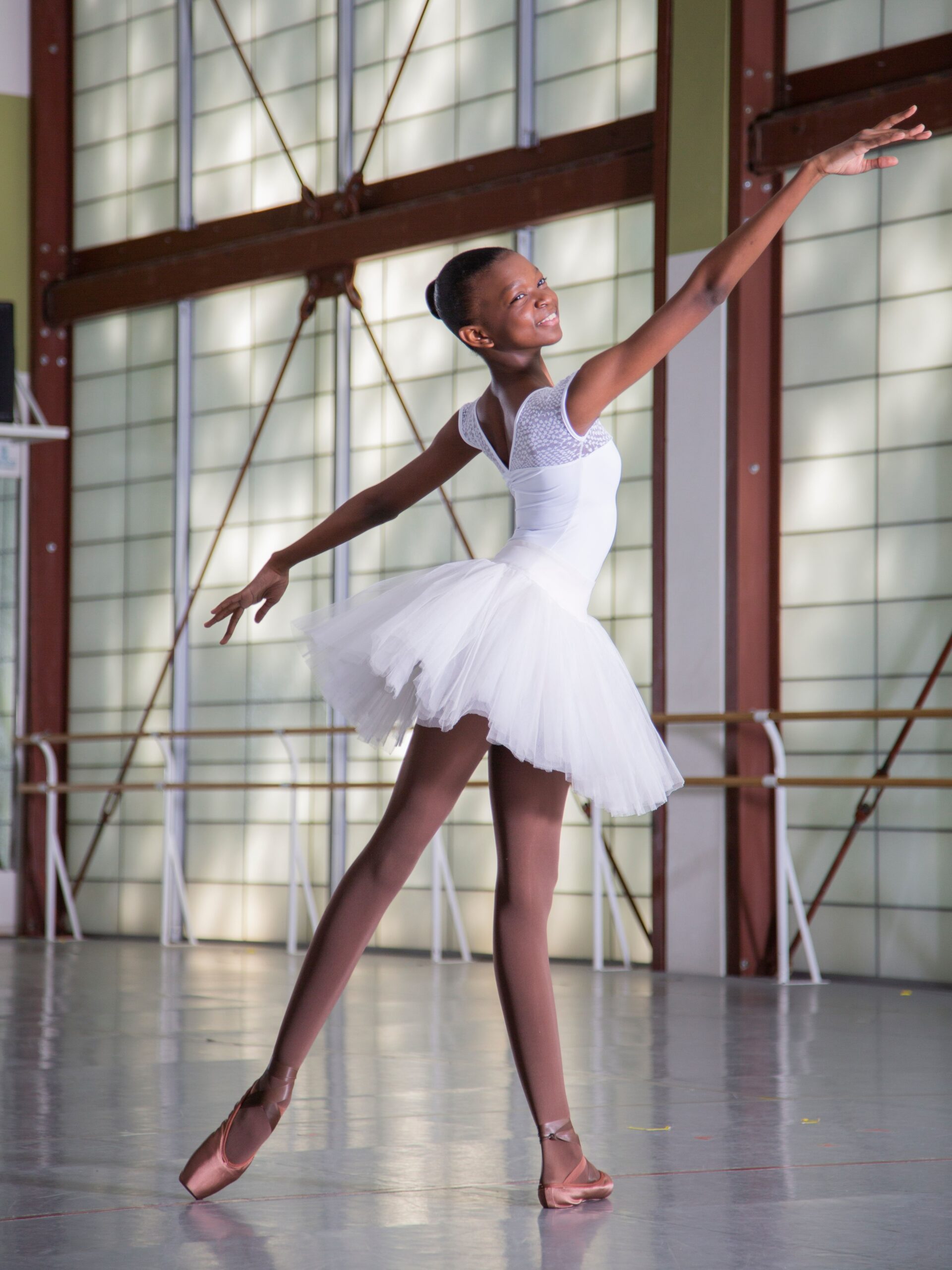How Atlanta Ballet is demonstrating its commitment to diversity in ballet and what it means for young, black ballerinas

Black ballerinas need to be embraced and represented, and the Atlanta Ballet Centre for Dance Education is helping to make that happen.
On Monday, Georgia’s premier dance company announced its partnership with Só Dança USA in a new line of skin tone tights and shoes for professional and student dancers of all ages.
Diane Caroll Sales, the Atlanta Ballet Community Partnerships Director, said the focus of the years-long collaboration wasn’t solely on the inclusive merchandise — it was about the impact it would have on dancers of color.

“Our partnership with Só Dança is not just about shoes and tights; it is about continuing to embrace and shine a brighter light on the unique beauty of dancers of color in the ballet world,” Sales said in a release from the dance company. “I want every aspiring dancer to have an opportunity to flourish in the dance world, and it starts with him or her feeling proud of who he or she is.
“Dancers of color should have the opportunity to stand out – not fit in.”
The Atlanta Ballet boutique now offers two additional shades of tights and shoes available in both children’s and adult sizes. The shoes come in two styles — full sole and split sole, a first-time move for a major manufacturer producing ballet shoes in multiple tones.
Though not the first tights and shoes designed with Black and brown dancers in mind, Só Dança USA is the only to have two leather shoe styles in various shades.
To celebrate the Só Dança USA product launch, Atlanta Ballet will host an online panel discussing diversity and inclusion in ballet on Thursday at 6 p.m. (click HERE for the registration link).
“By offering tights and shoes in a variety of shades and sizes, we hope to help aspiring young dancers of color embrace themselves for who they are.”
Atlanta Ballet Artistic Director Gennadi Nedvigin

Ballet shoes were invented around 1820, with a pink or peach hue made to match the skin of white dancers. Until 2016, there were no pointe shoes in darker skin tones from major suppliers, according to an NPR report.
Some brown-skinned dancers have been known to spray paint, dye or pancake — a practice in the ballet world where dancers sponge makeup onto their shoes — in order to achieve a nude tone to match their skin.
“The emotional and psychological toll this has played on black and brown ballerinas is deep,” Misty Copeland, the first Black principal dancer with any major international dance company, wrote in an Instagram caption in September of 2020. The American Ballet Theatre star was sharing a video of a young Black dancer trying on ballet shoes that finally blended seamlessly with her complexion.
“It has been one of the many ways we’ve been excluded from classical ballet,” Copeland continued her caption. “To color our pointe shoes to our skin color not only takes an enormous amount of time but is a constant reminder of the ongoing fight to prove we are good enough to belong.”
This barrier is one that Atlanta Ballet and its Centre for Dance Education seems dedicated to changing in a commitment to diversity and inclusion.
The Centre has also created the Decade 2 Dance initiative, which vows to serve and support dancers of color as young as 8-years-old by offering the training, mentorship and academic support required to pursue a career in dance.
Some of these budding dancers may receive scholarships, academic tutorial support and Academy-level classic ballet training.
CDE is also offering 90-minute introductory classes at the John H. Harland and Joseph B. Whitehead YMCA locations in Atlanta. The weekly lessons are geared toward children between the ages of 6 and 9; the cap is 18 students, and the Harland location is currently at capacity.
